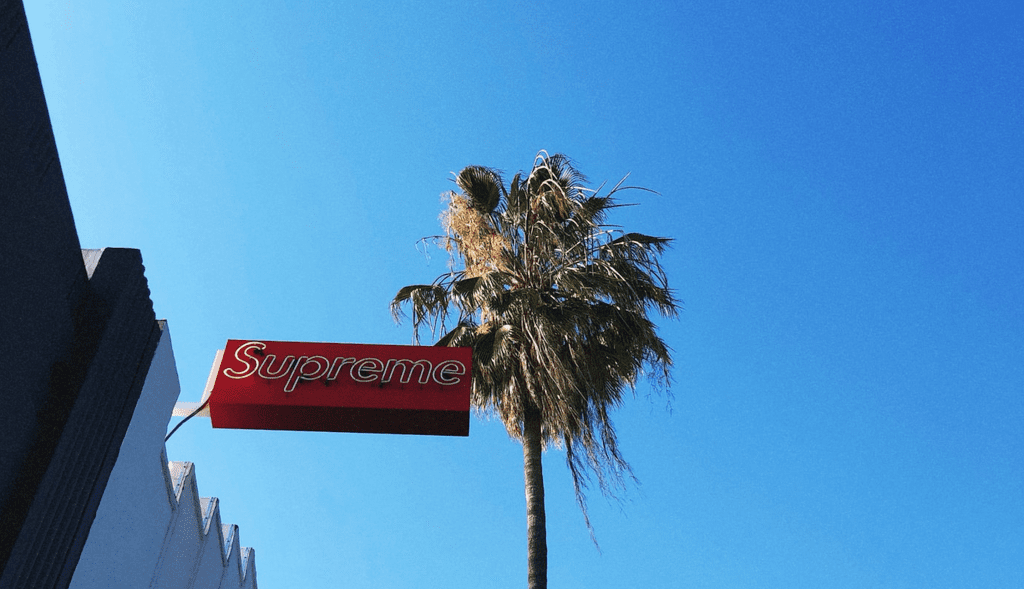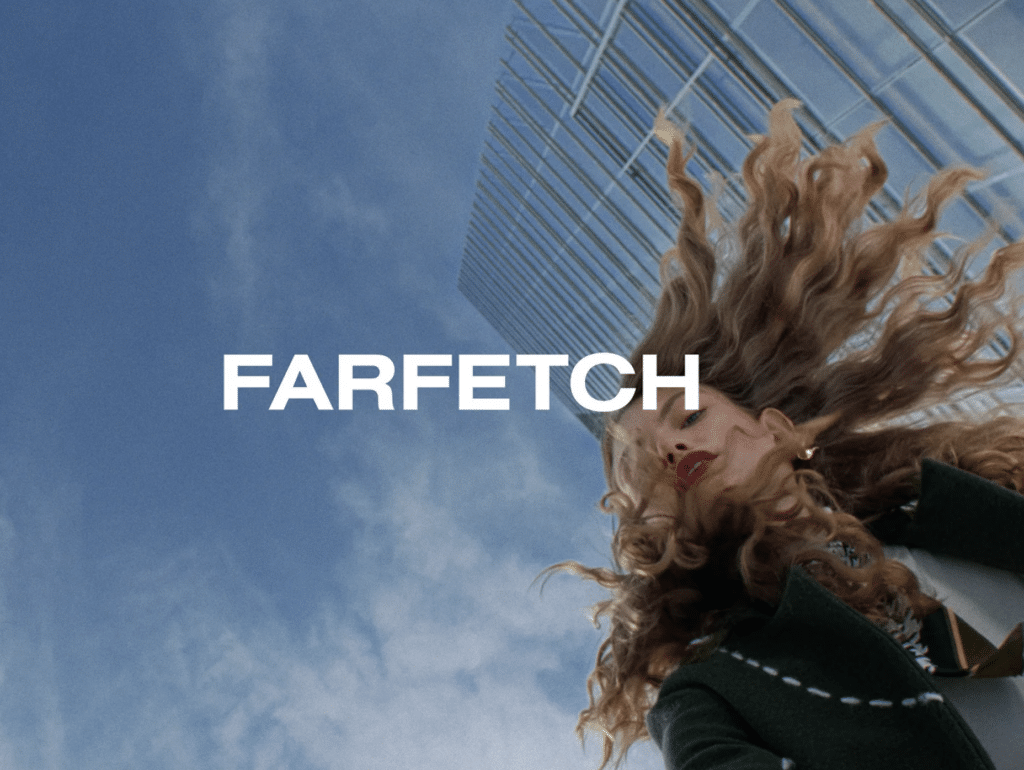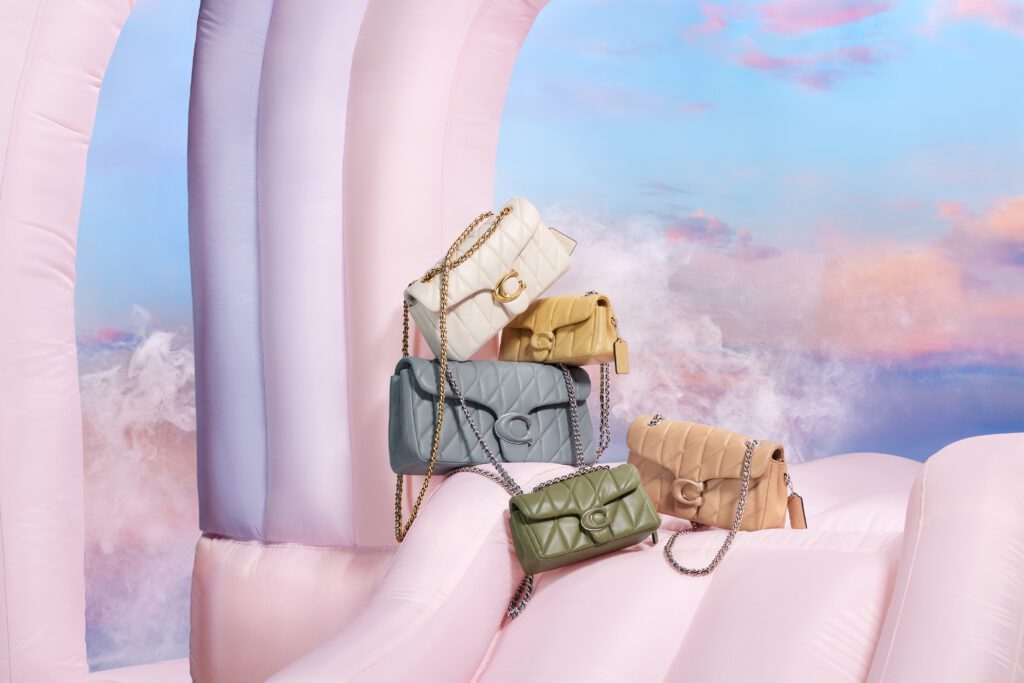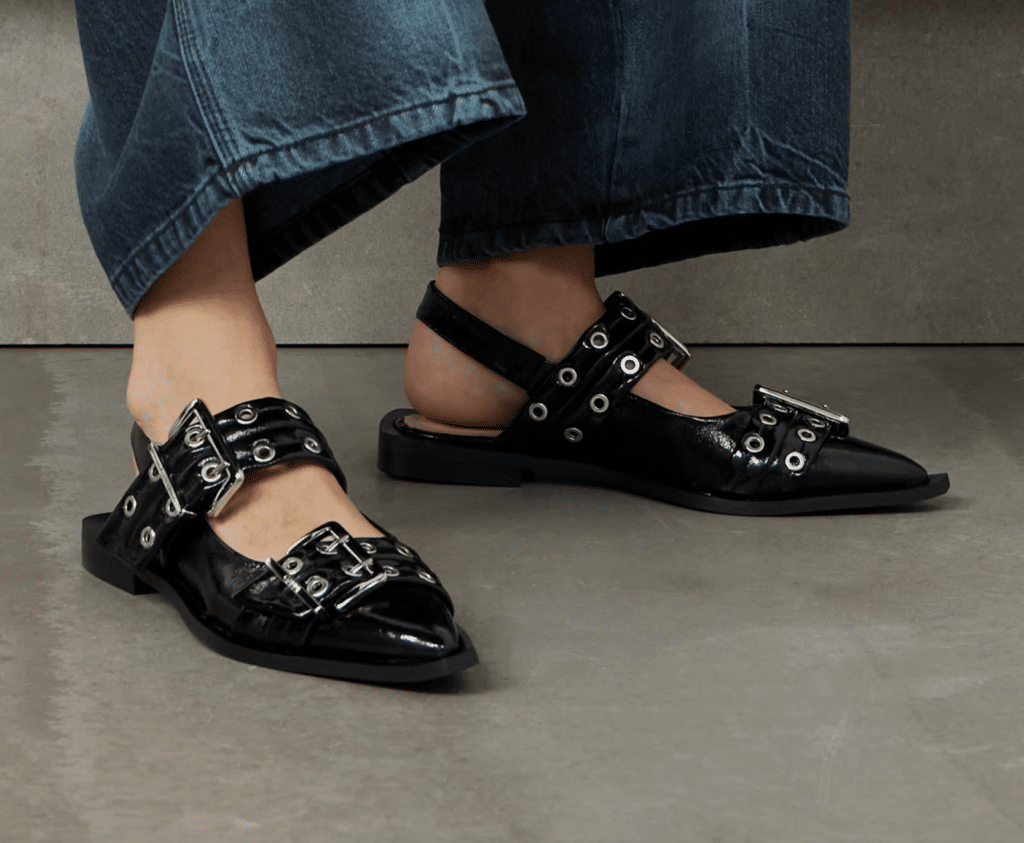In the midst of driving hype for its Spring/Summer 2020 collection, complete with a collaboration with Nabisco’s Oreo brand for co-branded red and white cookies, a reveal that sent the web into a flurry last month, Supreme has quietly settled the lawsuit it has been facing for allegedly taking another company’s camouflage print and splashing a branded version of it on everything from $218 “work” jackets to $145 cargo pants, which it ultimately sold to its cult followers without receiving the copyright holder’s authorization to do so.
According to the complaint that Stevensville, Montana-based ASAT Outdoors LLC filed in a New York federal court in November, Supreme’s corporate entity Chapter 4 Corp. used “[its camo] design and created derivative works of [it] and placing [those designs] on their apparel, such as hats, pants and jackets to sell on their website and in stores.” The problem with that, per ASAT, is that “Chapter 4 did not license the design from [ASAT] for its apparel, nor did Chapter 4 have [ASAT’s] permission or consent to use or sell the design on its apparel.”
Chapter 4 responded to ASAT’s complaint in January admitting that “it did not license the [camouflage print] design directly from plaintiff [ASAT Outdoors],” but arguing that it should still be able to escape infringement liability. Maybe most noteworthy: Chapter 4’s argument that the outdoors-wear company’s copyright infringement claim was barred by an array of defenses, including fair use, a copyright law doctrine that applies when the unauthorized replication of a copyright-protected work is done for a limited and “transformative” purpose, such as to comment upon, criticize, or parody that work.
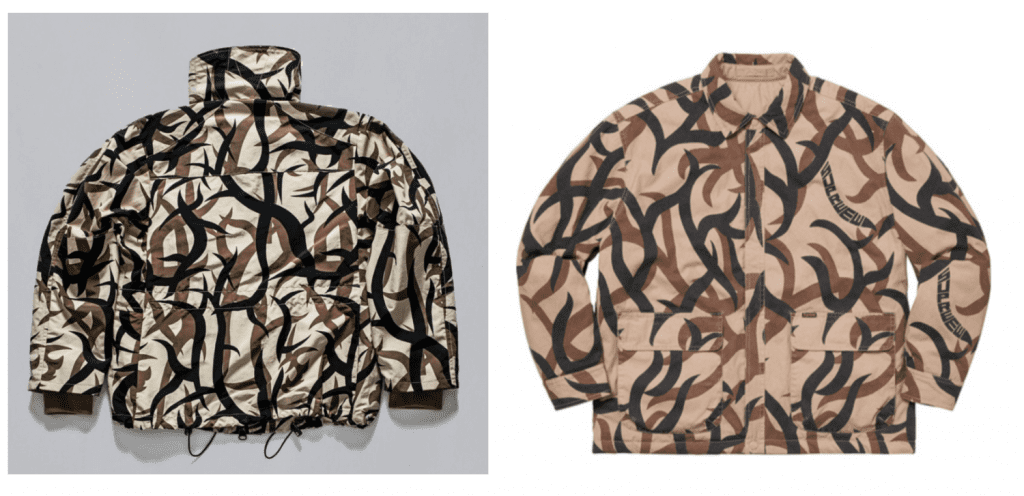
While it would have been interesting to see how exactly Supreme would have argued that its use of ASAT’s print would be covered by fair use (especially considering that one of the key factors in any fair use test is whether or not the allegedly infringing work is used in a commercial capacity, and in the case at hand, the use was clearly commercial in nature), that will not be playing out in court, as the parties managed to settle their differences out of court. In a filing early this month, counsel for ASAT – the notoriously active copyright attorney Richard Liebowitz – alerted the court of the parties’ settlement, the terms of which have not been made public.
Hardly Supreme’s first brush with claims of infringement, the wildly popular streetwear brand has faced pushback (in a non-legal capacity) for the similarity between its famous box logo and the work of artist Barbara Kruger. As for its own enforcement activities, Supreme made headlines in May 2013 when it filed a $10 million lawsuit against Married To The Mob founder Leah McSweeney in a New York federal court. According to Supreme’s suit, McSweeny was on the hook for trademark counterfeiting, unfair competition and false designation of origin, trademark dilution, and common law trademark infringement, among other claims, in connection with her sale of a t-shirt that bore the words “Supreme Bitch” inside a red box. The graphic, Supreme argued, was much too similar to its box logo and thus, was likely to confuse consumers as to the source of the products and/or Supreme’s involvement in or endorsement of them.
In its suit, Supreme asserted that “McSweeney’s shirts aren’t just trademark appropriation; they’re trying to build her whole brand by piggybacking off Supreme.” While McSweeny had been using the “Supreme Bitch” graphic since she launched her company in 2004, she filed a trademark application for it in January 2013, seemingly prompting Supreme’s case.
Before the case settled out of court, McSweeny – who asserted that “unlike some companies that blatantly rip-off other brand logos, Married To The Mob has always had its own identity and aesthetic by being an extension of my life experiences” – responded with claims of her own, arguing, among other things, that the “Supreme Bitch” design is a parody that “originated as a criticism and parody of the male-dominated and often misogynistic skate culture and Supreme brand.”
*The case is ASAT Outdoors, LLC v. Chapter 4 Corp., 1:19-cv-10462 (SDNY).




